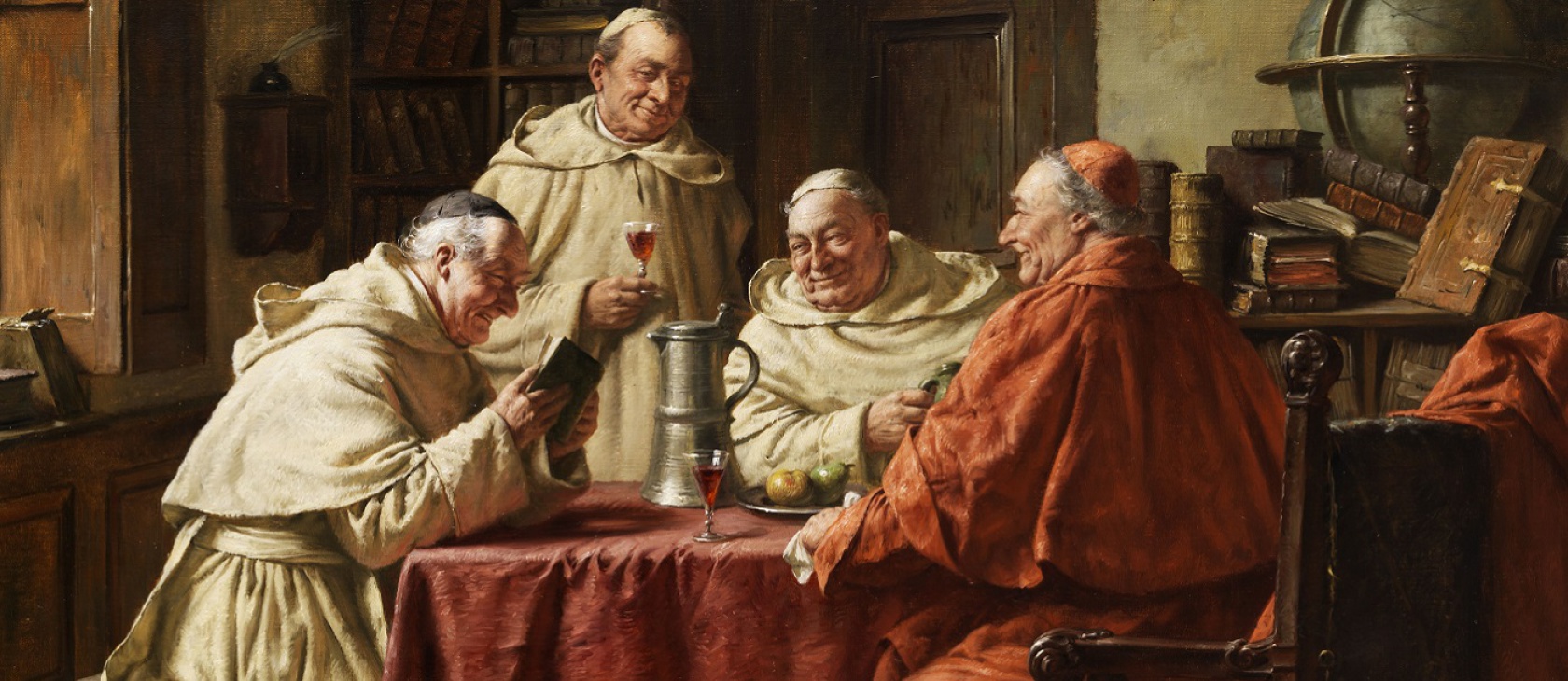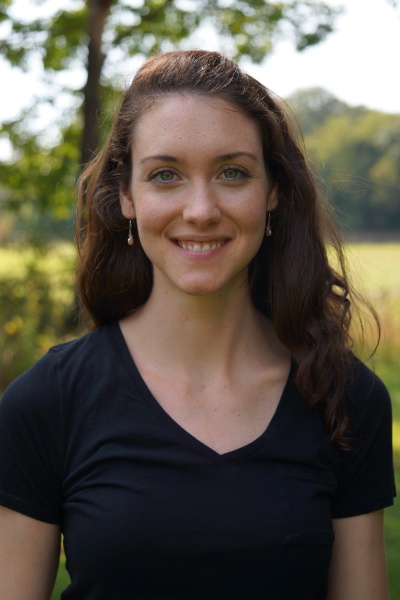On February 24, 1209, St. Francis of Assisi received approval to found his religious order. One of its defining characteristics was taking the vow of poverty to its furthest extreme.
Just seven years later on December 22, 1216, St. Dominic de Guzman founded his religious order of mendicant preachers seeking salvation through proclaiming the Gospel. Both thirteenth century religious orders relied completely upon charity, rather than earning money, intending that their members would not accumulate a single cent.
However, the Franciscans and Dominicans were unable to sustain their lives devoted to Christ without a reliable place to lay their heads. Monasteries have a history of acquiring wealth – sometimes in considerable sums – despite their desire to lead a life of poverty. Just as the ascetic monks before them succumbed to the wealthy class’s generosity, in time many of the new orders began to own private property corporately. The Council of Trent granted formal permission for this arrangement to all but two orders (the Franciscans and Capuchins).
This brief monastic history demonstrates the temporal reality of human life. While the two saints’ goal of living without possessions is noble, man’s earthly needs cannot simply be eliminated. In both cases, human nature could not do without some form of private ownership – even for those who desired to own nothing at all. In the context of Christian religious orders we find this striking fact: a person cannot completely remove himself from commerce, even for the most devout religious reasons.
A person cannot completely remove himself from commerce, even for the most devout religious reasons.
Observing a religious community means witnessing the interaction between modern, economic society and a fragment of the pre-economic society that still persists in the modern world. Before the advent of the free market, feudal systems divided society into two classes: those who give orders and those who follow them. In the Middle Ages, riches were often considered signs of greed. The thought that vice necessarily accompanies wealth shaped medieval societies around a moral, non-economic basis. When serving others became infused with the possibility of personal gain did capitalism develop.
Today, the religious life avoids large accumulations of wealth, not because economic progress is immoral, but because it is intrinsically temporal, and the religious seek to radically orient their lives toward their heavenly destination.
This has led to monasteries accumulating wealth and engaging in commerce to support themselves and (more importantly from their point of view) to fund their outreach to the poor. In his annual Acton University lecture titled “Markets and Monasticism,” Dylan Pahman provides research that demonstrates the wide variety of commerce – and wealth accumulation – among Eastern Orthodox monks – while tea, beer, and religious articles are just a few examples of products made for purchase by Roman Catholic communities.
This forgotten aspect of monasticism has been rediscovered in recent years. Time magazine called monks “the original hipster entrepreneurs.” The article notes the breadth of business taking place at monasteries and convents today:
In addition to monastic beer, there's also Mystic Monk Coffee, made by Carmelite monks in Wyoming; coffins, manufactured by monks from a different St. Joseph's Abbey in Louisiana; a greeting card business, run by the Benedictine monks of Conception Abbey in Missouri, and Mepkin Abbey in South Carolina, which sells high-quality dried mushrooms to fancy restaurants and local connoisseurs, just to name a few.
Our Sunday Visitor describes purchasing such products as way “to partake in the fruit of monks’ and nuns’ labors.” This exchange helps all parties involved. Through commerce, Pahman says, monasteries found that they “need the world and the world needs them, too.”
Participating in the economy improved monastic life
Taking a direct role in commerce has helped those in the consecrated life in a more personal way. Members of at least one religious community have said that shifting from an entirely top-down form of economic decision-making has helped the nuns better understand their stewardship of the community’s resources, given them renewed passion for their activities, and even deepened their unity by enhancing their respect for one another’s views.
Typically in monastic life, one superior member – an abbott, mother superior, etc. – takes charge of the community’s wealth and distributes money to the members on the basis of need. Yet this author knows of at least one community of consecrated women that found this process inadequate to their peculiar circumstances. As a result, this particular community, with blessing, is slowly moving away from centralized to decentralized authority over money – we might even say, moving toward individual liberty. The community will allot a monthly allowance to each member, who then has the freedom to budget her own spending. Each house was also given authority over its communal spending.
Human dignity drives the human tendency toward liberty – and vice-versa.
The results proved transformative. Upon adapting this system, one member of the community noticed that she was more efficient with her spending since she could forecast upcoming expenses, and that she had greater awareness of how much money she spent. Being informed – the prerequisite for any responsible decision-making process – not only affected her economic choices but brought with it empowerment and privacy, two dignifying qualities that distinguish the human person. Indeed, Aristotle would say that applying rational thought distinguishes the human race from inferior beings.
The consecrated women also found that their expectations changed from raising, and therefore doing, the “bare minimum” at their annual fundraiser. Before their new roles, they were disconnected from the community’s budget, expenses, or how the fundraiser affected their day-to-day lives. Liberty in this case, is the difference between passivity and activity, and between mediocrity and excellence.
The experiment has also brought members into closer fraternal union. “We grew as a community,” observed one member. Certainly the women’s lifestyle under the central guidelines involved working together, but making decisions together connected the women on yet another personal level. Since each member had a voice, they came to value the unique voices of each other member, an expression of each person’s inalienable value and worth. These developments shed light on how respect for human dignity drives the human tendency toward liberty – and vice-versa.




